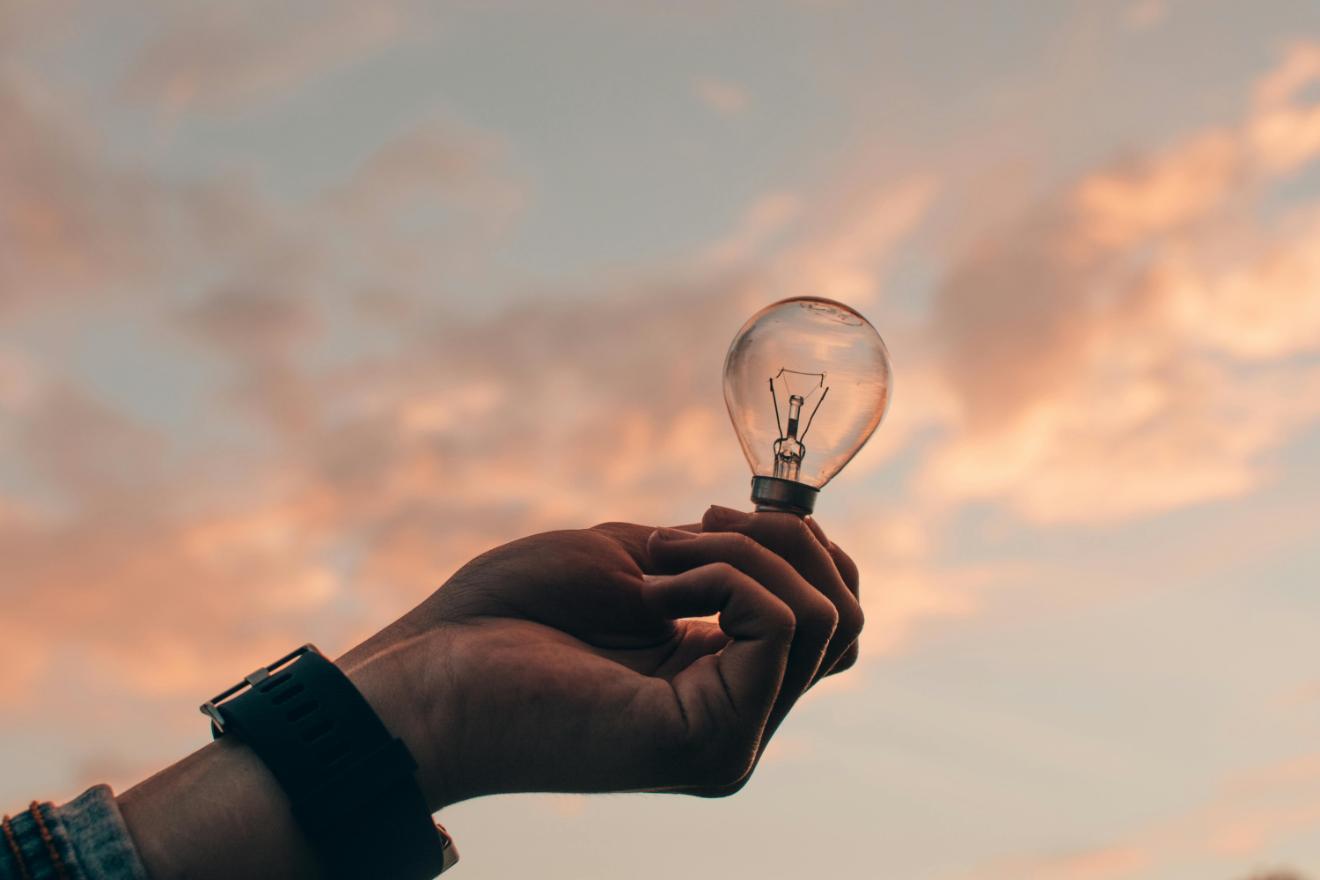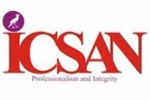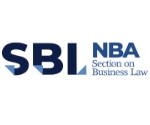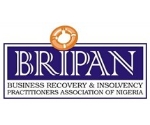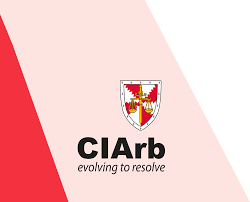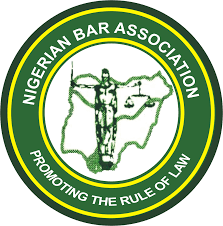Hike in Electricity Tariff: A Quick Guide on Rights & Obligations of Electricity Consumers in Nigeria
The Nigerian power sector is crucial to the economic drive of the nation. Due to its crucial nature, the government has taken various steps towards strengthening the sector for strategic growth.
The Nigerian Electricity Supply Industry (NESI) consists of five consumer classes which are residential, commercial, industrial, special and streetlights.
Very often, disputes spring up between the end users (consumers) and the Distribution Companies (DisCos). These disputes may include over billing, arbitrary disconnection, delay in repairs of damaged transformers, wrong metering etc. Just recently, the Federal Government announced an increase in electricity tariff for Band A customers from N68 to N225 per kilowatt.
We shall examine in this article the rights of electricity consumers in Nigeria and how these rights are safeguarded under Nigerian Law.
Legal and Regulatory Framework:
The Electricity Act 2023
This Act was recently passed into Law, and it replaces the Electric Power Sector Reform Act, 2005. It is a law that provides a comprehensive legal and institutional framework for electricity generation, transmission, systemic operation, distribution, supply trading and enforcement of consumer rights and obligations.
The Act establishes the Nigerian Electricity Regulatory Commission (NERC) which is saddled with the responsibility to establish appropriate consumer rights and obligations regarding the provision and use of electricity services.
The Federal Competition and Consumer Protection Act (FCCPA) 2018:
This is an Act which establishes the Federal Competition and Consumer Protection Commission (FCCPC) for the development and promotion of fair, efficient and competitive markets in the Nigerian economy. The primary objective of this Act is to facilitate access by all citizens to safe products and services as well as secure the protection of rights for all consumers in Nigeria.
Consumer Protection Regulation (CPR) 2023
This regulation was passed by NERC pursuant to its powers under the electricity Act. It provides for consumer complaints handling standards and procedures, meter reading and billing, cash collections and credit management, connection and disconnection management procedures, customer service standards etc.
Meter Asset Provider and National Mass Metering Regulations 2021
This regulation is also made by NERC to accelerate the distribution of meters, eliminate estimated billing practice and attract investment into the sector.
Rights of Electricity Consumers in Nigeria
Having highlighted the legal and regulatory framework for the protection of the rights of electricity consumers in Nigeria, we shall now examine these consumer rights in detail below:
The following are the rights of electricity consumers in Nigeria. These rights are safeguarded in the legal and regulatory framework highlighted above.
Right to Timely Connection of Premises to Electricity Supply
As part of the rights of electricity consumers in Nigeria, every consumer is accorded the right to a prompt, safe and reliable connection to electricity upon demand. This right only accrues where the customer has made a demand for the electricity supply and fulfilled all the conditions required by law and the Disco for such connection.
In practice, the customer would be expected to do the following: file an application in the form required by the Disco, accept the terms and conditions for provision of the service by the DisCo, make arrangements for the connection of power supply in the premises, provide an acceptable means of identification and also provide acceptable connection materials.
Once all these requirements are met, the DisCo is obligated to connect the premises to power supply within 48 hours.
Safeguard from Illegal/Wrongful Disconnection
In order to avoid breaching the rights of electricity consumers in Nigeria, disconnection of consumers from power supply by DisCos must comply with the CPR 2023. Disconnections are in two folds which are disconnection with notice and disconnection without notice.
A DisCo is only required to disconnect a customer for failure to pay a bill which has been properly brought to the notice of the customer. The customer must be given a minimum of 10 days from the date of service of the bill to make payment.
In addition, the period after the expiration of the 10 days period for settlement of outstanding bill and disconnection must be a minimum of 2 working days.
On the flipside, under certain circumstances, a DisCo is permitted to disconnect a customer without notice where the connection of the customer is illegal/unauthorized, the customer’s connection poses a danger to others, or a DisCo is refused access to read a meter within the customer’s premises.
It is also worthy of note that a DisCo is disallowed from disconnecting the power supply of a customer who has lodged a complaint against the bill, however, the customer would be required to pay the last uncontestable bill pending the resolution of the complaint.
Right to be Given Accurate Bills
Every customer has the right to be billed accurately in line with the applicable Band. Customers are generally classified into 5 major bands which are Band A (customers with minimum of 20hrs electricity supply daily), Band B (customers with 16-20hrs supply daily), Band C (customers with 12-16hrs supply daily), Band D (customers with 8-12hrs supply daily) and Band E, customers with minimum of 4hrs supply daily).
Each band is further classified into non-maximum demand (MD) customers who have single or three phase connections. Next to this are customers with low voltage maximum demand connection (MD1) and medium/high voltage maximum demand (MD2) customers.
The applicable rate for each band differs. For instance, the recent increase in tariff from N68 to N225 per kilowatt is only applicable to Band A customers.
Right to Request for a Review of a Bill
Another important right of electricity consumers in Nigeria is the right to request for a downward review of the bill. Once a complaint is lodged, the customer would be required to pay the last uncontested bill pending resolution.
After investigations, if it is discovered that the customer was over billed, the DisCo must make a refund of the excessive charges to the customer within five working days or in the alternative, apply same as energy credit.
Metering
Under the Meter Assets Providers (MAP) 2018 framework, DisCos are obligated to reimburse customers that pay for meters by means of energy credit.
The cost of the meter would be applied as energy credit and deducted based on the energy consumption of the customer over a maximum period of 36 months according to the billing rate for the band where the customer belongs.
Obligations of Electricity Consumers in Nigeria
Electricity consumers equally have obligations towards the DisCos. These obligations/duties include.
- Timely payment of assessed bill
- Protection and prevention of damage to electrical installations.
- Maintaining a cordial and respectful attitude towards staffs and agents of DisCos
- Compliance with connection requirements
- Notifying the respective DisCos of any tampering or bypass of electrical installations.
Conclusion
Electricity consumers in Nigeria enjoy certain rights and privileges which are safeguarded by law. These rights carry along with them corresponding obligations that provide a level playing field for the Nigerian Electricity Supply Industry (NESI).
Berkeley Legal is a leading business law firm in Nigeria. We provide comprehensive and sophisticated range of specialized and personalized legal services that are designed to meet the various needs of highly diversified local and international businesses.
If you would like to know more about the Rights and Obligations of Electricity Consumers, please contact info@berkeleylp.com
The information provided in this article is for general informational purposes only and does not constitute legal advice.

